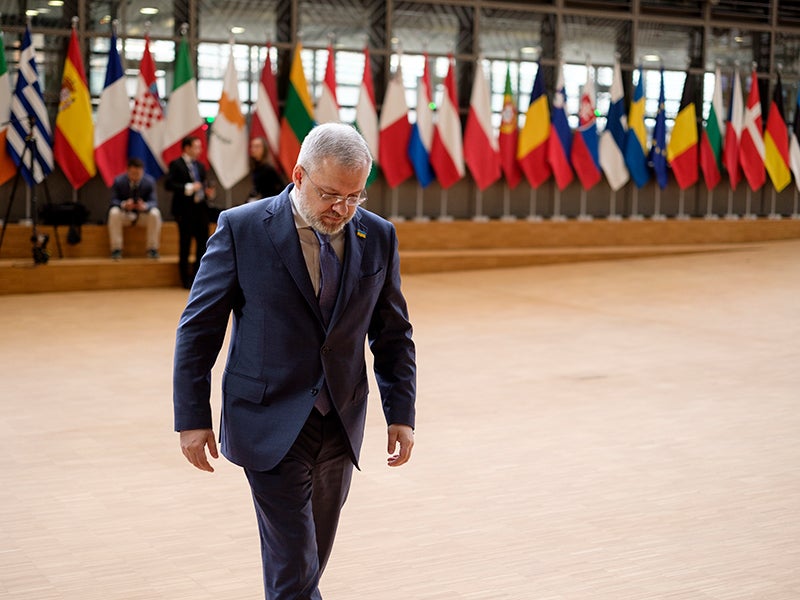
Energy ministers in the EU have reached an agreement to reduce their natural gas consumption by 15% to avoid an energy meltdown, as Russia could potentially cut off all supplies to the union.
The agreement negotiated by the 27 EU ministers grants exemptions to a few nations that have specific energy challenges. However, it still calls on all countries to reduce their natural gas usage between now and March 2023, as detailed in the European Commission’s initial plan.
The deal happened less than 24 hours after Russia’s state-owned gas giant, Gazprom, announced that it will lower natural gas exports to Germany via the Nord Stream 1 pipeline even further. It restarted limited flows less than a week ago after an annual maintenance shutdown.
The agreement, according to German Economy Minister Robert Habeck, would prove to Russian President Vladimir Putin that Europe is unified amid Moscow’s recent gas cuts.
Hungary was the only country to oppose this deal.
Last week, the Commission presented a proposal to urgently cut down the usage of fuel, arguing that it could help the EU if the Kremlin decides to completely cut off gas flows. This agreement makes sure no EU nation would face an energy crisis in the future.
European Commission President Ursula Von Der Leyen said in a statement: “By acting together to reduce the demand for gas, taking into account all the relevant national specificities, the EU has secured the strong foundations for the indispensable solidarity between member states in the face of Putin’s energy blackmail.”
In June, the flow of Russian gas, which accounts for 40% of EU consumption, was less than one-third of the normal average. Gas storage tanks in Europe, which are often nearly full at this time of year in preparation for winter, are not adequately stocked to deal with such uncertainty and shortages.
Before the summit, Ukrainian President Volodymyr Zelensky accused Moscow of waging “an overt gas war” against “a united Europe” and encouraged leaders not to succumb to Russian blackmail.
The proposal will spare Cyprus and Malta, two island nations with little flexibility to seek alternative energy sources, as well as the Baltic States, which have electrical systems connected to Russia’s, according to an official statement outlining the agreement.
Because several EU nations, such as Poland, Greece, and Spain – with modest use and substantial supplies – considered a uniform reduction unfair, the plan has also specified alternative grounds for limited consumption reductions. Countries that have exceeded their storage-filling target, for example, can compensate by reducing their use.
This will give the members an opportunity to ask for emergency exemptions under certain circumstances. To make the measures mandatory, nations in the bloc must agree on a broader energy supply emergency.



